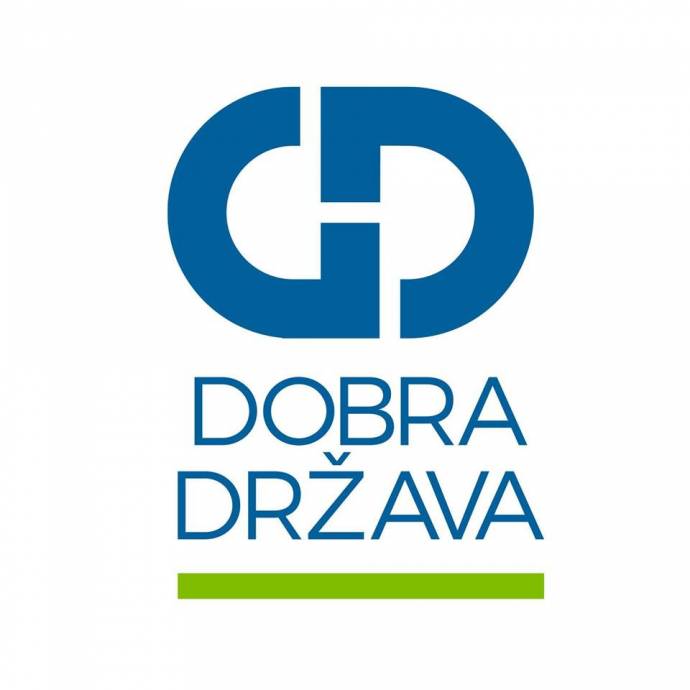All our election coverage can be found here, while our profiles of the parties are here.
Dobovšek, one of the founding members of PM Miro Cerar's Modern Centre Party (SMC) who defected soon after the 2014 election, believes that by implementing their platform Slovenia could join the top league of European nations.
The platform combines four major points, the top one being eradicating corruption at the highest level. It also argues for equal treatment of all citizens in court proceedings, simplification of legislation to make it understandable to all, and preventing those who defrauded public funds from holding public office.
Advocating a healthy environment and a healthy life, the party wants to combine the experience of the older generations with the energy of young people. They want Slovenia to be a safe country based on the fourth industrial revolution.
Good State believes ideological divisions are harming the country, because elites use them to hide their incompetence and corruptive practices.
Instead, the state should create the same conditions for small- and medium-sized businesses, and work to increase value added so that people would be encouraged to pay taxes.
The party plans to introduce a flat VAT rate to simplify and cheapen tax collection; set up a coast guard and highway police; reduce the number of ministries to below ten, and hold prosecutors accountable for the outcome of criminal procedures.
Some of the visible party members include former Ambassador Vojko Volk, sociologist Zoran Kus, the boss of savings bank Hranilnica Lon, Jaka Vadnjal, and Slovenia's chief negotiator on climate change Zoran Kus.
The party will head into election independently, but after the election they plan to seek alliances with those who have compatible platforms and the teams capable of implementing those platforms.
The party's candidacy was backed by MPs' signatures of Dobovšek, independent MP Franc Laj and MP of the Pensioners' Party (DeSUS) Marija Antonija Kovačič, but public opinion polls show it will have a hard time getting into parliament with its support revolving around 1-2%.
Dobovšek left the SMC in September 2014, just a few months after being elected MP on its ticket, warning of staffing issues and non-transparent money flows. He left the party's deputy group in July 2015 to join the group of unaffiliated MPs, whose head he has become.
Born in February 1962, Dobovšek is a professor of criminal sciences at the Faculty for Criminal Justice and Security and had built up a reputation as an expert on corruption prior to entering politics.
He holds a PhD in political sciences, having conducted his post-doctoral studies at the Institute of Political Science and Sociology at the University in Würzburg, Germany.
Between 2004 and 2009 he was a member of the Commission for Corruption Prevention, led by Drago Kos.






